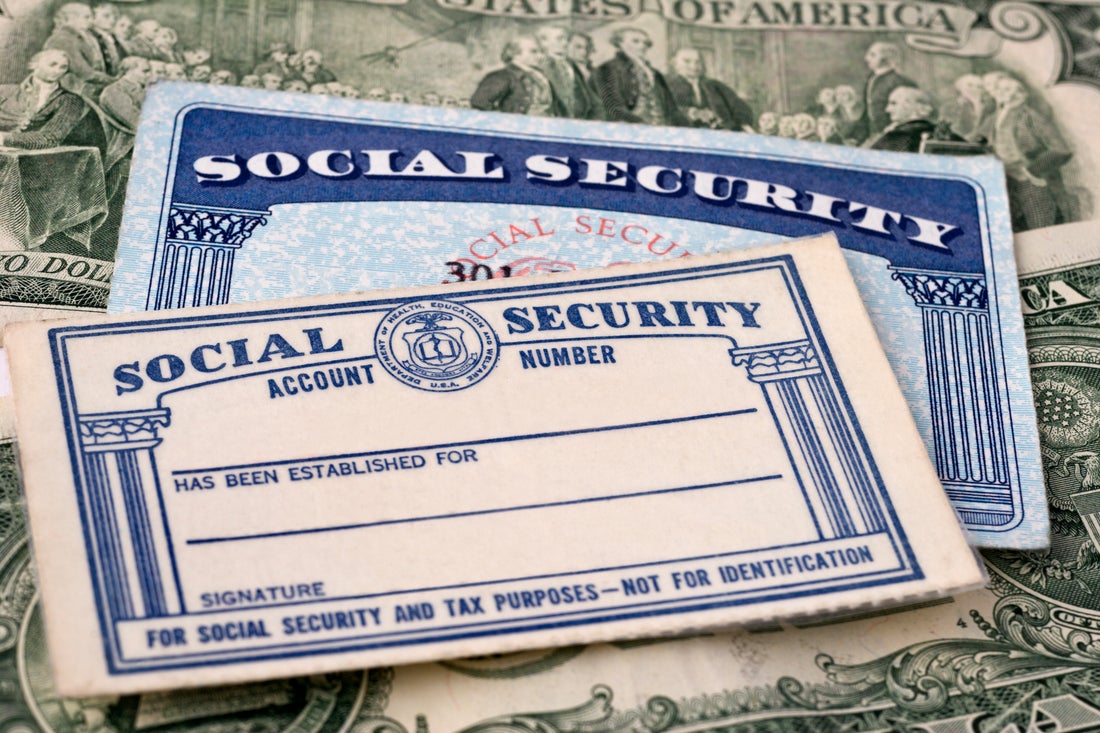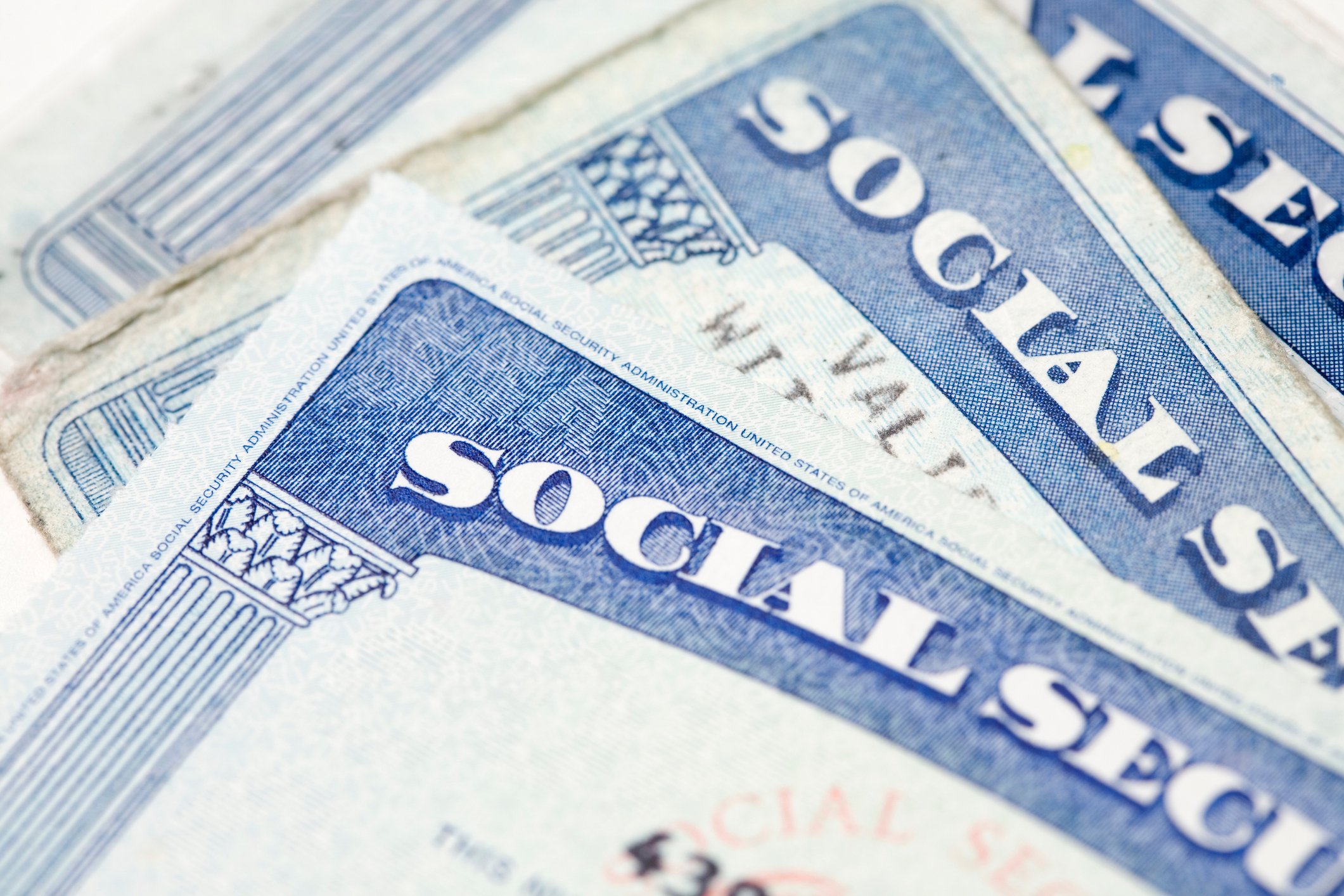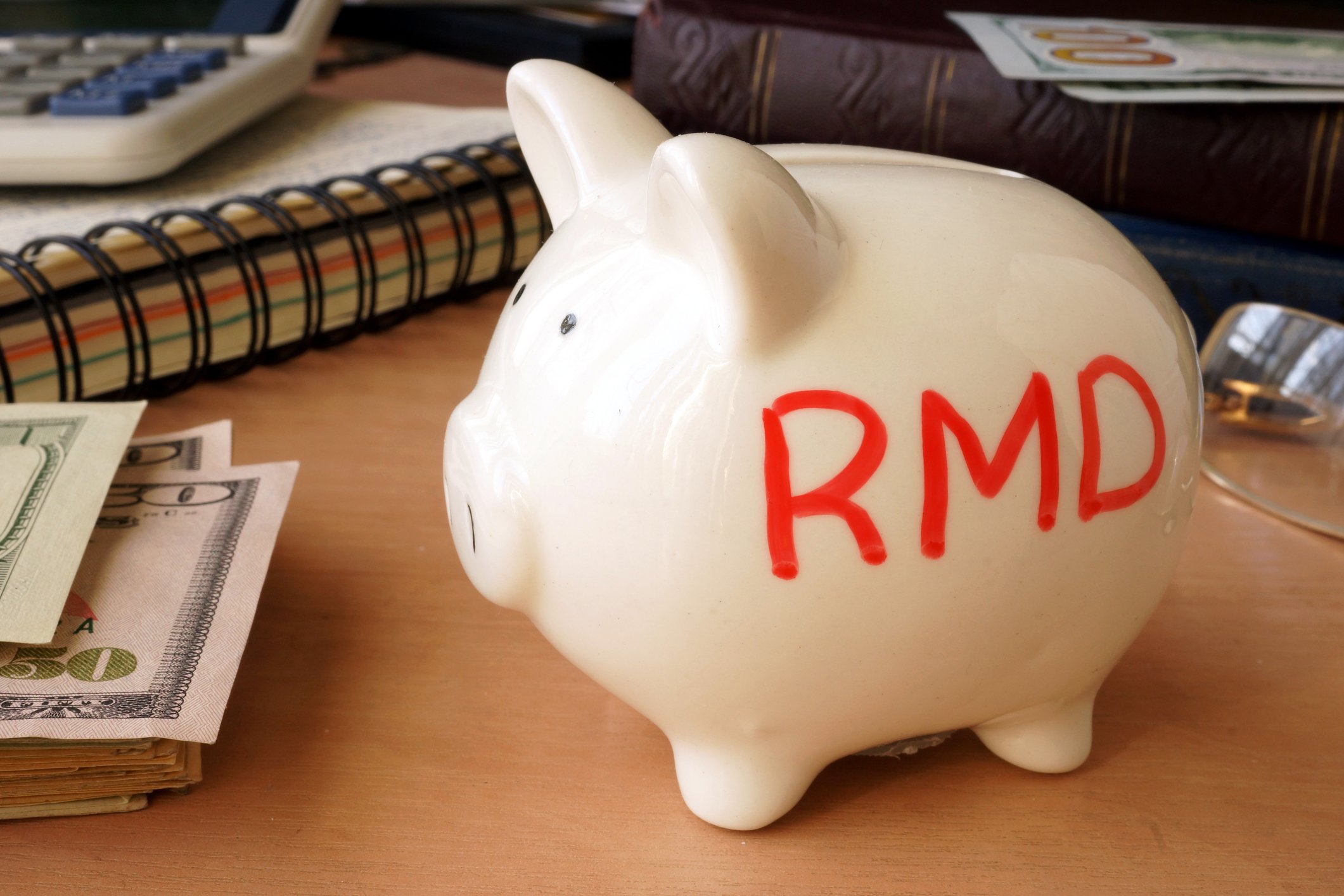If you're 25, retirement might seem far away. After all, you're looking at a stretch of more than 40 years before you're likely to leave the workforce. But that doesn't mean you shouldn't think about your retirement savings now, for five major reasons.
1. Starting to save now will allow your savings to grow to the max
The earlier you start to save steadily for retirement, the more you allow your savings to grow over time. Growth in the U.S. stock market, for example, averages out to a bit more than 7% per year, though there are certainly down years.

IMAGE SOURCE: GETTY IMAGES.
Examples can vividly illustrate how important it is to start saving early. Let's say you are 25, make $25,000 a year, and contribute 5% of your income to a retirement plan. By the time you're 67, that money would total $544,362, assuming a 7% annual return -- a very nice nest egg. (This figure assumes an average 2% salary increase every year, too, because it's unlikely you'd stay at $25,000 per year forever.)
But if you wait until you're 45 to save the same percentage of your income, you'd have much less to retire on -- just $118,120 by the age of 67. Even if you were to save double the amount, 10% of your income, starting at 45, your retirement total would only be $236,241 at 67 -- less than half of the amount you could have enjoyed by starting with less at 25.
2. Carve out contributions from other needs
When you first start out, it's common to find other needs more pressing than retirement. The need to pay credit card debt and student loans might be uppermost in your mind every month, because those bills arrive regularly. You might be getting your first apartment, moving across the country, or saving up for a first home or a family.
To carve out a retirement contribution, make a budget. Itemize your fixed expenses (the stuff you must pay every month) and other expenses by looking at several months' worth of bank statements. Compare your average monthly outlay with your income. If you need to cut expenses, look here for some ideas.
It's fine to start slow. A $25-per-month retirement contribution can grow into a sweet savings over time.
3. Utilize 401(k) plans if you have access to them
Many employers offer 401(k) retirement plans. These can be great retirement savings vehicles, for several reasons. First, contributions come out of your paycheck before tax is taken out. This means you are not taxed on your contributions until you withdraw them. It also means that your taxable income is reduced for the year, so you pay less tax. Second, once you enroll, contributions are automatic. People are much more likely to save if it happens automatically.
But the biggest benefit to a 401(k) is the possibility of a match, which about 78% of employers that offer 401(k)s provide. With a match, your employer equals a certain percentage of your contribution, generally ranging from 50% to 100%. Say you are saving 5% of your salary, and your employer offers a 50% match. If you make $25,000, you are saving $1,250 per year, or a bit over $104 per month. If your employer matches 50% of that, you get an extra $52 per month, or $625 per year, that doesn't come out of your pocket.
4. Invest in the stock market
Over time, the stock market is one of the highest-yielding long-term investments, at an average of 7% annually. Bank certificates of deposit (CDs), by contrast, currently yield only about 2.75%.
No one is born knowing about stock market investments, so you'll need to educate yourself. A good retirement portfolio is diversified. At a minimum, it should be composed of both stocks (individual equities and mutual funds) and fixed-income investments (bonds and CDs); the former provide growth, while the latter offer stability in case of a downturn. A good rule of thumb for finding a balance between the two is to subtract 110 from your age. The result is the percentage you can place in stocks (85%, if you're 25). The remainder should be placed in fixed-income investments.
For an overview of asset allocation, see here.
5. Evaluate retirement benefits when assessing job offers
Thirty-five percent of people over 22 years of age do not have access to a retirement savings plan at work, according to the Pew Charitable Trusts. So while it's smart to look at salary and benefits like health care and vacation when evaluating job offers, younger people should make sure they look for retirement benefits, too. It's one of the smartest things workers can do to maximize their retirement, according to the Transamerica Center for Retirement Studies.
Retirement plans -- a 401(k) with match, a similar defined-contribution plan like a 403(b), or a defined-benefit plan such as a pension -- are key to keeping you going when your working years are done. And if you leave a job, your contributions either stay in your account to grow or often can be rolled over to a self-directed plan.
At 25, you might have decades until you're through with work. By doing a little planning now, you can help set your future self up for a worry-free retirement!





